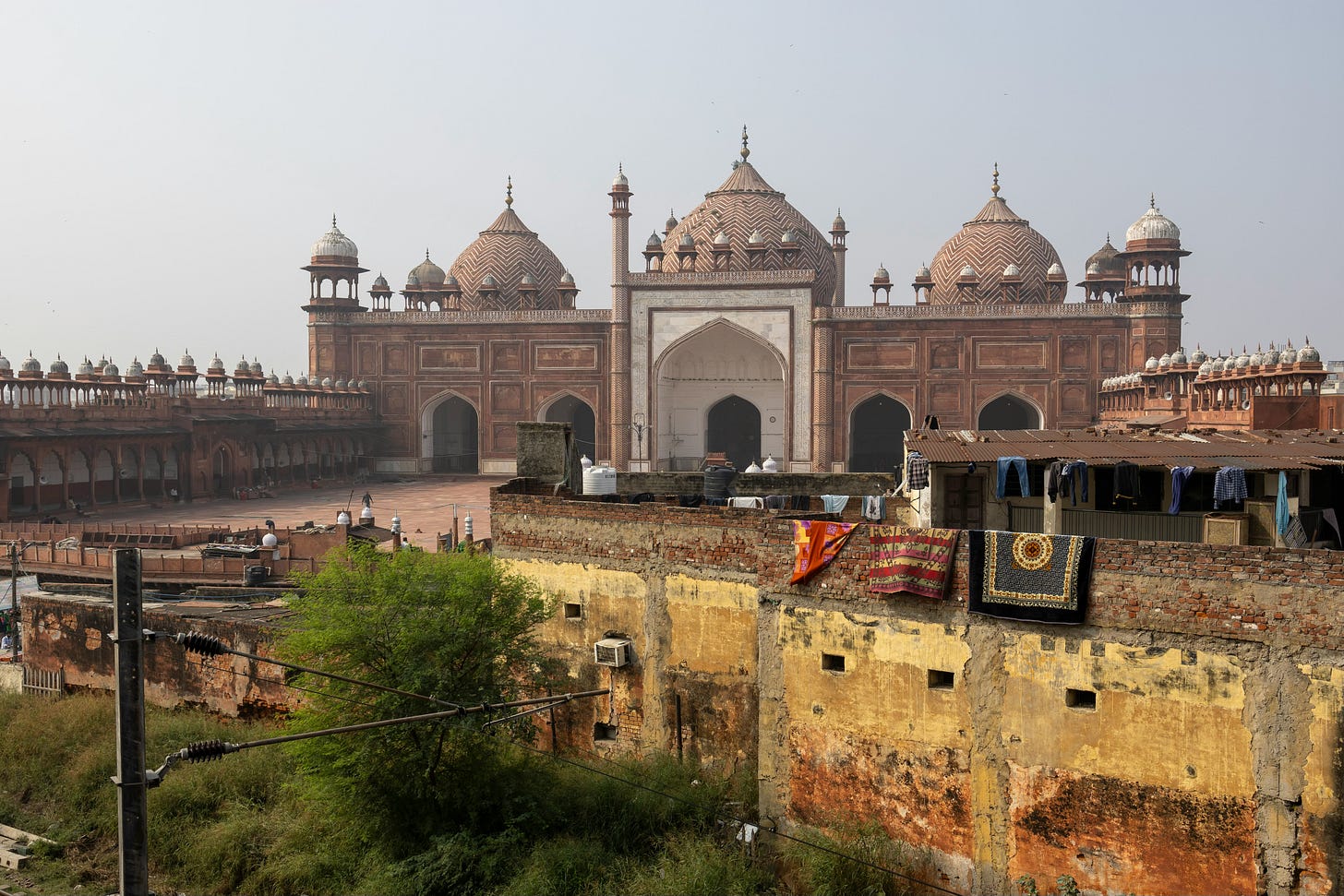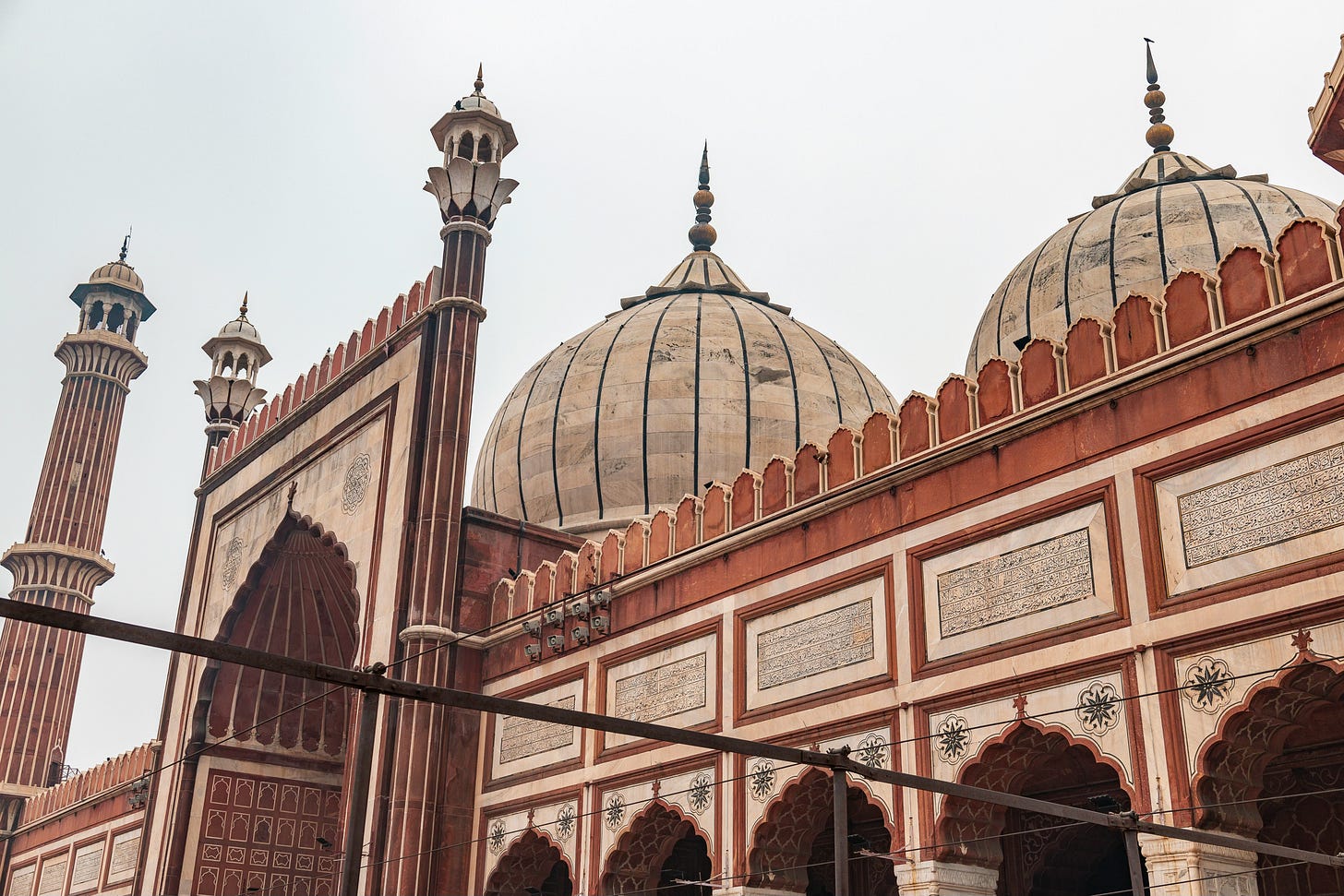Committing Shirk And Calling It By Another Name Does Not Change The Reality; The Command Of Tawheed Is For All Times - Ease And Hardship
By Shaykh al-'Allaamah Muhammad Amaan Al-Jaamee
Shaykh al-'Allaamah Muhammad Amaan Al-Jaamee (d. 1416 rahimahullah)[1]
Source: An excerpt from a translated khutbah given in Masjidun-Nabawee titled 'Aqeedah Comes First'
A lot of people conceptualize that 'ibada (worship) is salat and zakat and siyam and hajj. He performed these pillars as others than him performed them, even in a fashion of blind-following (taqleed). He sees himself as having completely worshipped Allaah and [completed] all that is upon him to do from 'ibada, and he doesn't concern himself after that because his affairs become difficult.
Because his affairs become difficult, he seeks relief from other than Allaah, has courage in the name of other than Allaah, and seeks by various actions to become near to other than Allaah, and invokes other than Allaah, and puts trust in other than Allaah. He sees that all of this doesn't hurt his eeman. Knowing that this is the core of 'aqeedah and the core of eeman, and these affairs are 'ibada purely in themselves. How else would the Prophet (sallAllaahu 'alayhi wa sallam) say: "Du'aa is 'ibada," or is the pit of 'ibada.
Look at the circumstances of the one who - during hardships - forgets his Lord and then he says, 'Oh my Master so and so, take my hand and relieve me,' and makes oaths upon his wealth so that the so-called 'saints' can preserve his wealth and property, and make sacrifices to the tomb of Master so and so, and Saint so and so.
So these are the forms of worship that the mushrikoon (polytheists) used to conduct to false gods. For Lat, 'Uzaa, and Manat and Hubal, the people weren't making ruku' and sujud to these gods. But if they wanted to travel, all the people went to the [false] gods and complained to them and then bid them farewell, and asked of him to preserve him in his travel and to preserve his family.
What did the kufar of Quraish used to do in respect of 'Uzza? Did you hear of them making ruku' or sujud to it?... The forms of worship that they presented to her were in the form of having humility and feeling lowly in front of it, and complaining their needs to it, and believing it benefits them with regard to Allaah. But it doesn't create or sustain anyone. And this is what a lot of the Muslims of today do at many tombs.
However, they don't call it 'ibada, and they don't call these tombs and graves 'gods'. On the contrary, they call them 'the graves of the righteous.' And what they do is called 'seeking a means to Allaah' and 'love for the righteous.' In other words, they change the name. However, the changing of the names doesn't change the reality. If a person drank a cup of wine, and named it 'milk' or 'cold water,' does the ruling change? [No] it doesn't change.
Therefore, presenting these forms of actions for tombs, and then naming it 'love of the righteous' and 'seeking a means through them to Allaah' doesn't change the reality. Verily, these are acts of worship done for other than Allaahu Ta'la.
_______________________
[1] Shaykh al-'Allaamah Muhammad Amaan Al-Jaamee (rahimahullaah) was one of the major scholars in his time, specializing in the field of 'Aqeedah. Originally from Ethiopia, the Shaykh traveled and settled in the city of the Prophet (salallaahu 'alayhi wa sallam). Imaam 'Abdul-'Azeez Ibn Baaz (rahimahullaah) said about al-Jaamee:
"He is known to me for possessing knowledge, virtue, a good Creed, and activeness in Calling to Allaah and warning against innovations and misconceptions. May Allaah forgive him, grant him an abode in Paradise, and keep his progeny upright. And may He (Allaah) gather us, you and him in the abode of His honor. Verily, He (Allaah) is All-Hearing and All-Near."
Shaikh al-Jaamee (rahimahullaah), who used to give talks in Masjidun-Nabawee, was a thorn in the throats of the Hizbees - Qutbiyoon and Surooris from the Khawaarij - such that one day they coordinated the shutting down of the electriciy while Shaikh al-Jaamee was giving a talk, and in the dark they rushed to physically beat him. And he was an old man. Yet, he continued to deliver talks, teaching the people the correct 'aqeedah, prioritizing Tawheed, and forgiving those who slandered and hurt him. May Allaah have mercy on him.
🎥 YouTube: https://youtube.com/@SalafyInk
📸 Instagram: http://www.instagram.com/salafy_ink/
🎧 Apple:
⌨️ Twitter: http://www.twitter.com/salafyink
💻 Facebook: http://www.facebook.com/SalafyInk/
🎧 Spotify:
📷 Pinterest: https://www.pinterest.com/SalafyInk/
📧 Email: admin@salafyink.com







